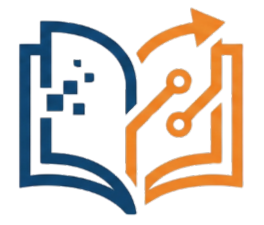Professional Codes of Ethics
I. Introduction to Professional Codes of Ethics
Professional codes of ethics provide guidelines for computer engineers to navigate ethical dilemmas and make responsible decisions. These codes are designed to uphold the integrity of the profession and ensure that engineers work in the best interest of society, users, and the environment. Two prominent codes of ethics in computer engineering are the IEEE Code of Ethics and the ACM Code of Ethics and Professional Conduct.
II. IEEE Code of Ethics
The Institute of Electrical and Electronics Engineers (IEEE) is a leading professional organization for engineers worldwide. The IEEE Code of Ethics outlines the ethical principles and professional responsibilities that members are expected to uphold. Some key tenets include:
- Making decisions in the best interest of public safety, health, and welfare.
- Maintaining and improving technical competence and accepting responsibility for one’s work.
- Being honest, realistic, and objective when making claims or estimates based on available data.
- Rejecting bribery, discrimination, and other forms of unethical behavior.
- Supporting colleagues and co-workers in following this code of ethics and reporting violations.
III. ACM Code of Ethics and Professional Conduct
The Association for Computing Machinery (ACM) is a global organization for computing professionals. The ACM Code of Ethics and Professional Conduct outlines the ethical responsibilities and principles that its members should follow. Some key aspects include:
- Striving to achieve the highest quality, effectiveness, and dignity in both the process and products of professional work.
- Using their skills for the benefit of society, while respecting privacy and avoiding harm.
- Being honest and trustworthy, avoiding conflicts of interest, and taking responsibility for one’s actions.
- Ensuring that the development and use of computing technologies are equitable and inclusive, respecting cultural diversity and human rights.
In the next section, we will engage in activities that involve applying these professional codes of ethics and ethical theories to real-life case studies and dilemmas in computer engineering.

